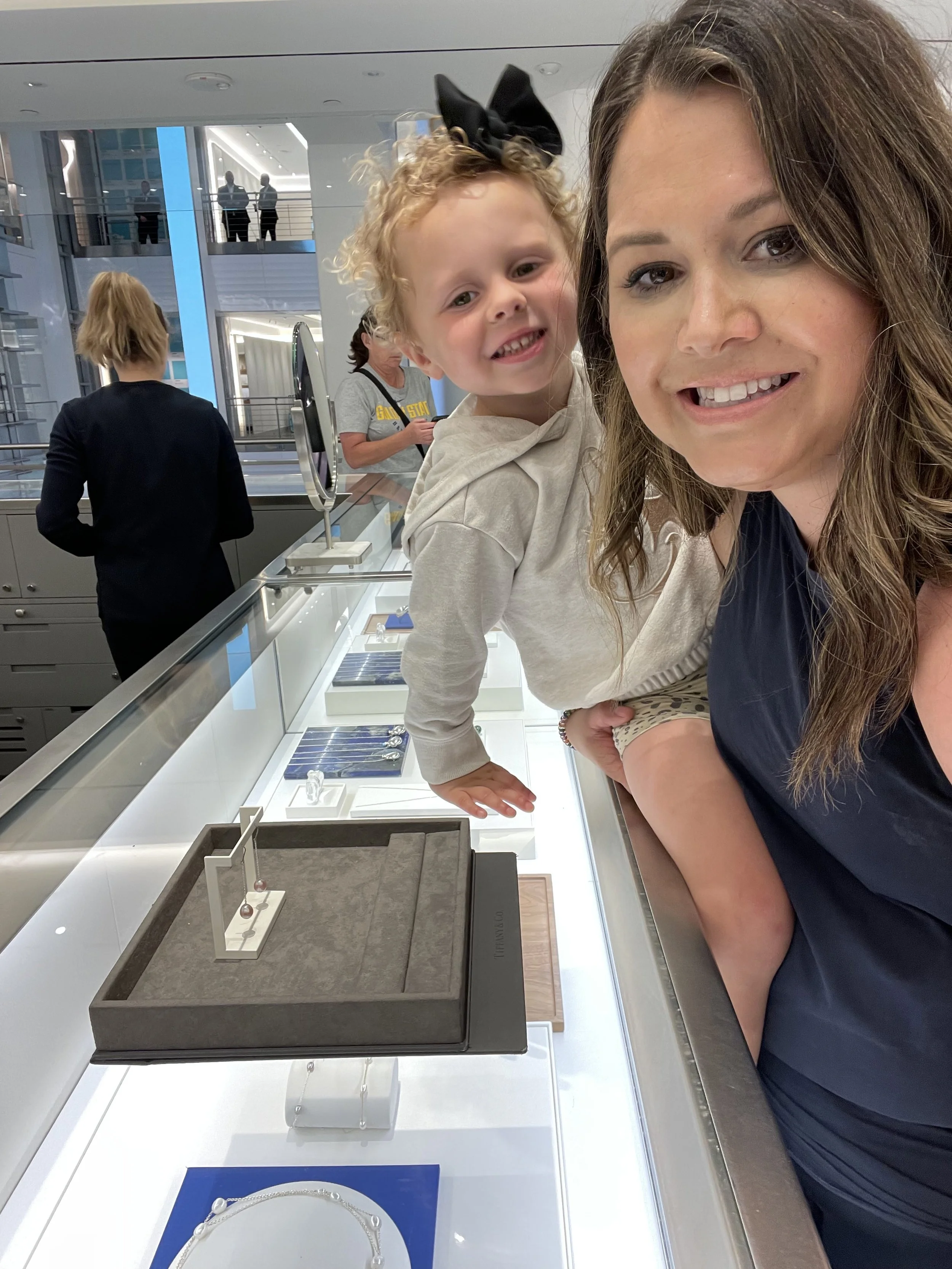Face the Storm: Brooke Taylor on Building the Rural Gone Urban Foundation and Fighting Like Hell for Rural Women
Brooke Taylor, founder and board chair of Rural Gone Urban Foundation.
Brooke Taylor was staring down a terminal diagnosis when she decided to do what any gritty, small-town ranch girl with a marketing degree and a toddler on her hip might do: start a nonprofit.
“It was stage four,” she told Jonathon Haralson on the Your Ag Empire podcast. “And stage four is allegedly incurable... I was given an expiration date.”
While a “heavy-bred, first-time expecting mother” Brooke advocated for herself — insisting on answers even when brushed off — and was ultimately diagnosed with triple-negative breast cancer six hours before she and her husband welcomed their daughter into the world.
Taylor’s cancer returned in March of 2022. It showed up in her neck, clavicle, ribs, lungs, spine, and half her pelvis. She had a strategic creative business to run, a two-year-old daughter named Elsie, a “smokeshow” of a husband, and no intention of letting her story be summed up by sympathy.
“I thought, not only is my kid not going to remember me, but everyone’s going to tell her how perfect I am,” she said. “And how awful would that be — to be a girl growing up with the pedestal of a perfect mom?”
So she flipped the script.
Taylor launched the Rural Gone Urban Foundation not just as a legacy project, but as a living, breathing fight for women like her: the brave and strong ones. “We launched a whole foundation in less than 30 days,” she said. “And the first 24 hours that we were live on the website, we raised like $20,000, like increments at a time.”
This is not your average nonprofit.
The foundation gives scholarships to students regardless GPAs, small business grants to rural women betting on themselves, and what it calls “Love Bombs” — no-strings-attached grants for women in the ring with cancer.
“You cannot pay your bills with a Love Bomb,” Taylor said. “You put those on a payment plan. What you can’t do is invest in your legacy while you’re in a short-term fight.”
Taylor knows that fight firsthand. Her voice is even, but laced with humor darkened by experience. She joked about Tiffany’s and funeral plans. But she didn’t sugarcoat the trauma of parenting while knowing you might not see your daughter’s high school graduation.
“It’s kind of like walking around with someone having a literal gun to the back of your head,” she said. “You just have to go about your day being a 4-H leader, running a business, and putting dinner in the crockpot. And your whole body is in fight or flight just existing.”
From the beginning, the foundation was as personal as it was practical.
Taylor and her daughter picking our Elsie’s wedding earrings in New York City.
“I bought [Elsie] her high school graduation present, her college graduation present, and her wedding earrings,” she said, remembering a trip to Tiffany’s. “Someday — statistically — I’m not going to be here when she becomes a mom. And on that day, who do you want? You want your mom.”
Now, Taylor helps women across the country create those kinds of moments. One mom printed thousands of photos from her phone. One took her son deep sea fishing. Another revamped her home gym. Another got one last trip with her family before she “graduated to heaven.”
“I haven’t found another organization that does what we do for rural women,” Taylor said. “Maybe it exists, but their SEO’s not great.”
The foundation has grown quickly. Its scholarship fund now matches some of the biggest names in philanthropy. “There are other organizations that tout that they give $15,000 in scholarships a year,” she said. “So do we. And we’re three years old.”
This isn’t an empire of pity. It’s an empire of persistence.
As Haralson put it: “You're giving opportunities to the B and C students — the students that are going to run the world. And I feel like they're getting left behind with the education system that we have today.”
Taylor agrees. And she’s far from finished. “I hope we have such an influx of donors that the next problem becomes, ‘Where are we housing this money?’” she said. “Can we give away so much more money that I’m not turning away applicants for Love Bombs? They all need Love Bombs.”
The white bison in the foundation’s logo isn’t just branding — it’s metaphor. “When a storm is coming, most animals run,” Taylor said. “But a bison turns and faces it. They walk into the storm.”
She paused. “By doing so, they’re in the storm the least amount of time.”
And that’s the work — not just surviving the storm, but building something through it.
“Sometimes,” Taylor said, “you just have to pull yourself up by your bootstraps and face the dang storm. Just get ‘er done.”





